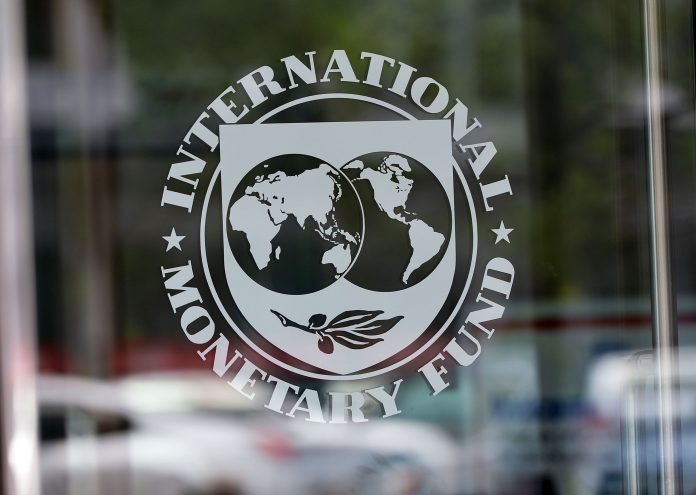Islamabad: The International Monetary Fund (IMF) on Friday warned that the macro-economic stability gains made by Pakistan under the 2013-2016 EFF supported program have begun to erode and pose a risk to its positive economic outlook. On June 14, 2017, the Executive Board of the IMF concluded the Article IV consultation with Pakistan and yesterday released a communique in regard to its economic outlook. According to the IMF, Pakistan’s debt stands at 66.6pc of GDP as opposed to the figure of 59.3pc stated by Finance Minister Ishaq Dar in front of the National Assembly this week.
IMF said that fiscal consolidation had slowed down, and the budget deficit of 4.2pc for financial year 2016-17 likely to be exceeded. Due to rising imports of capital goods/energy, the current account deficit has widened and is expected to be at 3pc of GDP by the end of FY 2016-17. Forex reserves of the country have also started dwindling in context of a stable rupee/dollar exchange rate, the global lender mentioned.
The IMF felicitated the reforms in context of financial inclusion and on the structural front, but voiced concerns over the accumulating arrears in the power sector along with continuing financial losses of ailing public-sector enterprises. The directors suggested the government to strengthen fiscal consolidation and safeguard the macroeconomic gains of recent years through continued implementation of sound policies, and to continue with structural reforms to achieve higher and more inclusive growth.
Furtherly the directors said” FY 2017/18 budget aims at further gradual consolidation, albeit at a slower pace than targeted under the Fiscal Responsibility and Debt Limitation (FRDL) Act, and will likely require additional revenue measures in light of recent revenue underperformance. Directors emphasized that sustained fiscal consolidation over the medium term, in line with the FRDL Act, is critical to strengthen economic resilience, safeguard fiscal sustainability, and limit pressures on the current account and international reserves. To this end, Directors recommended mobilizing additional tax revenues by broadening the tax base and strengthening tax administration; and enhancing the composition of public spending by containing the wage bill’s growth, further reducing electricity subsidies, and increasing priority social spending. They also recommended strengthening the national fiscal federalism framework and public debt management.”
The directors commented on the importance of maintaining a prudent monetary policy stance to preserve low inflation. It was noted that monetary policy has been appropriately accommodative, and urged the State Bank of Pakistan (SBP) to remain vigilant and be ready to tighten it in case inflationary pressures emerge or foreign exchange market pressures intensify. They called on the authorities to allow for greater exchange rate flexibility—rather than relying on administrative measures—to help reduce external imbalances and bolster external buffers. In this regard, they welcomed the authorities’ commitment to remove, within one year, the cash margin requirement for imports of consumer goods, which constitutes an exchange restriction and multiple currency practice. The ongoing progress in strengthening central bank autonomy was also appreciated, and called for implementing the remaining recommendations from the 2013 Safeguards Assessment and to phase out government borrowing from SBP.
IMF highlighted that the key external risks to the economy include lower trading partner growth, tighter international financial conditions, a faster rise in international oil prices, and over the medium term, failure to generate sufficient exports to meet rising external obligations from large-scale foreign-financed investments.




